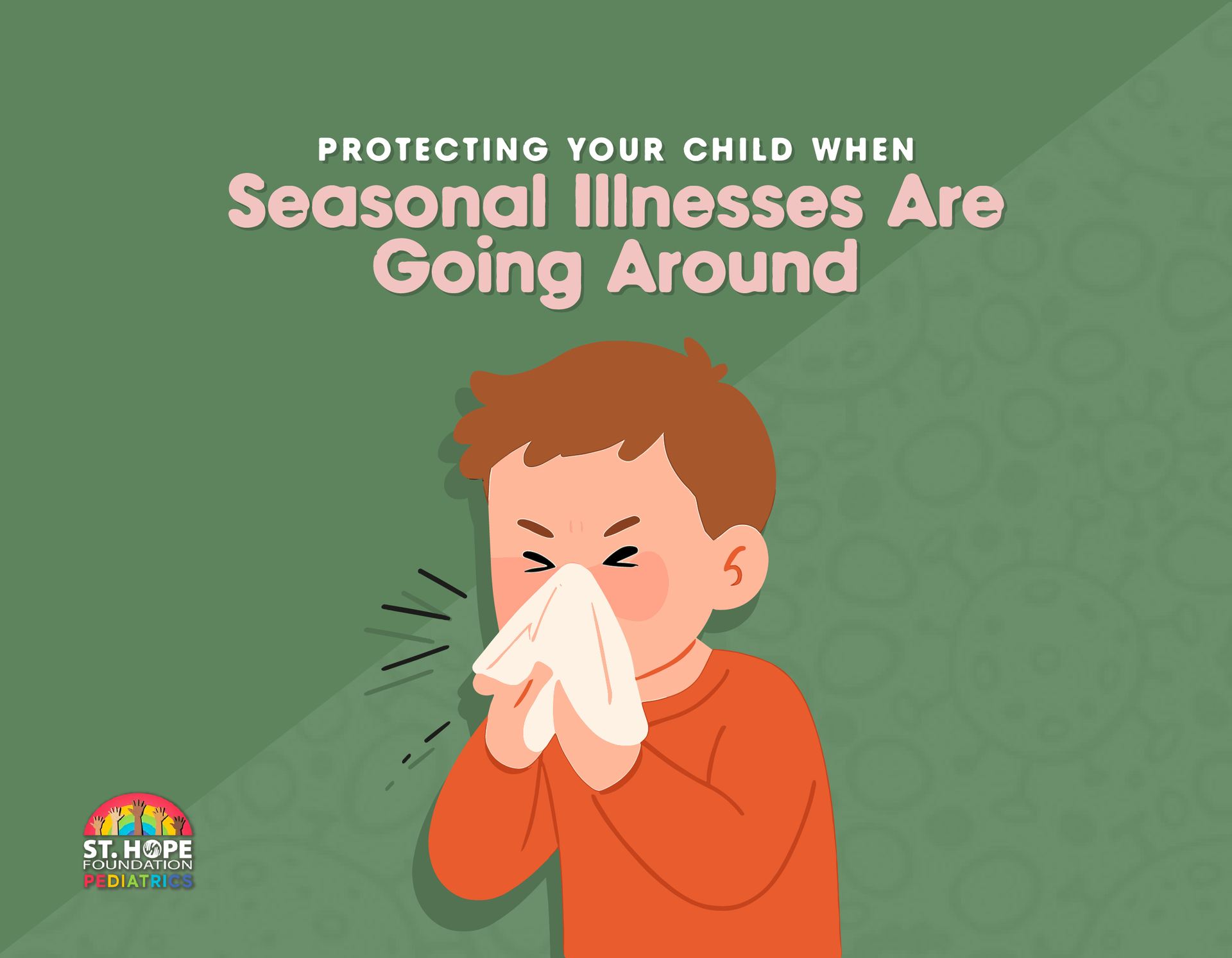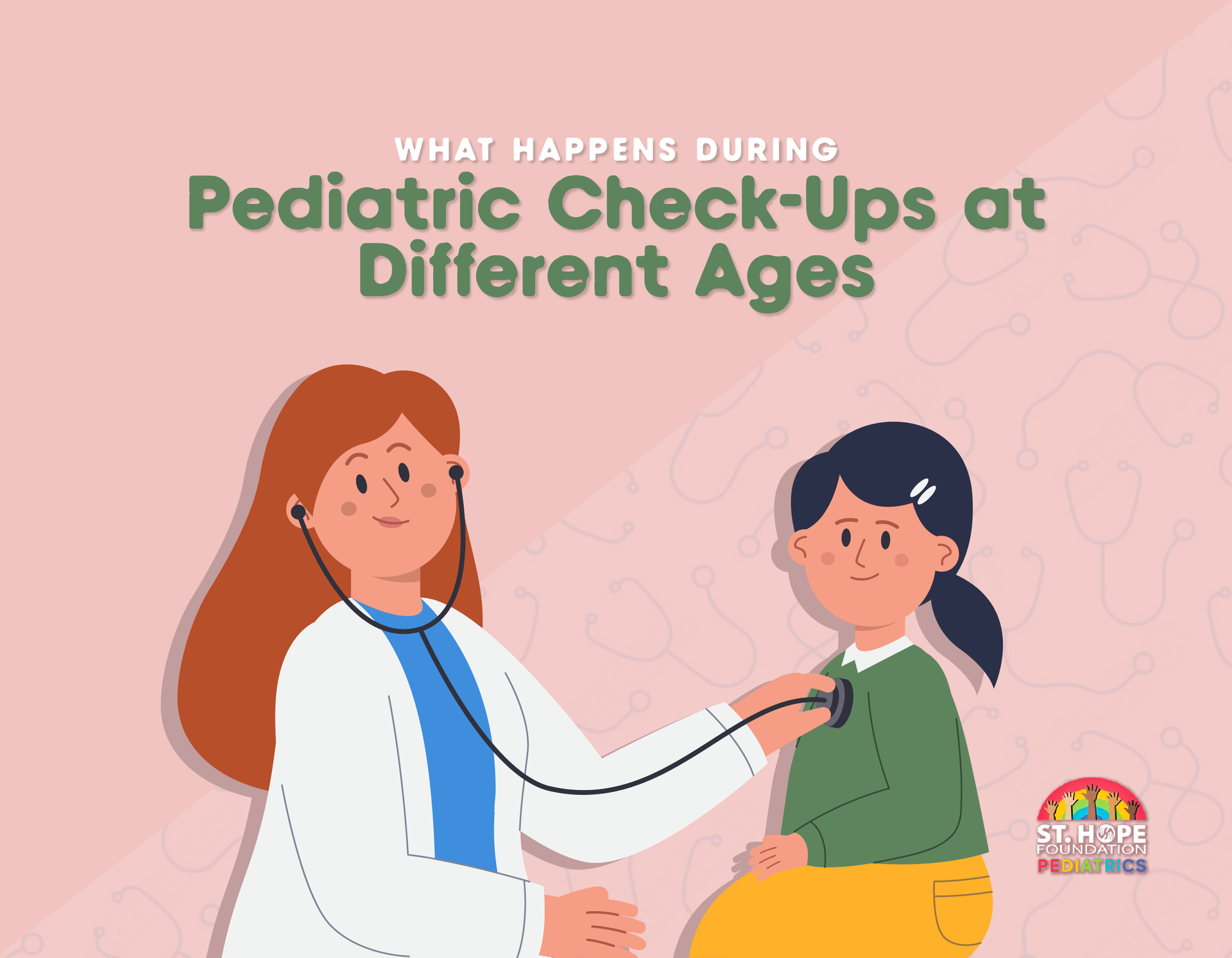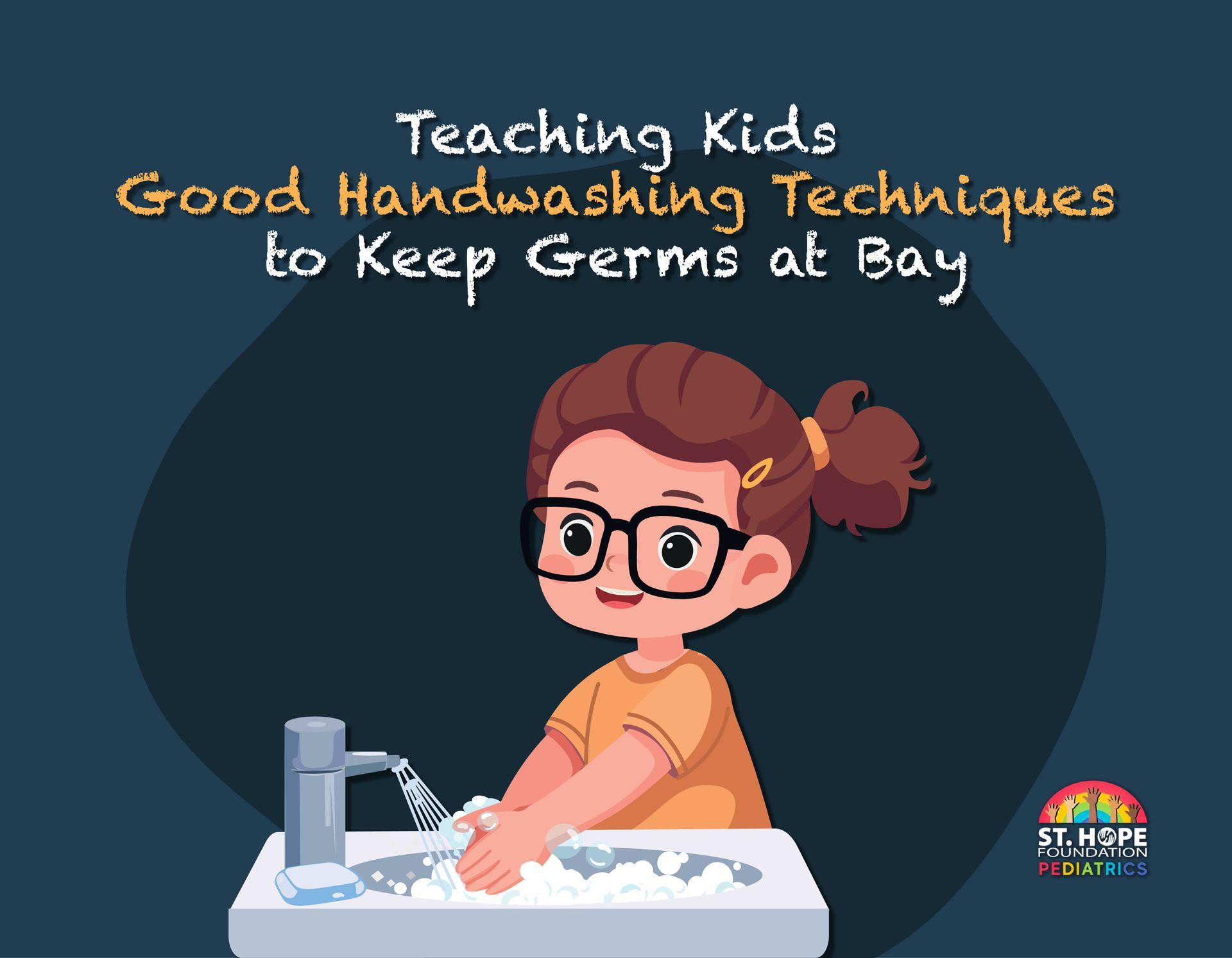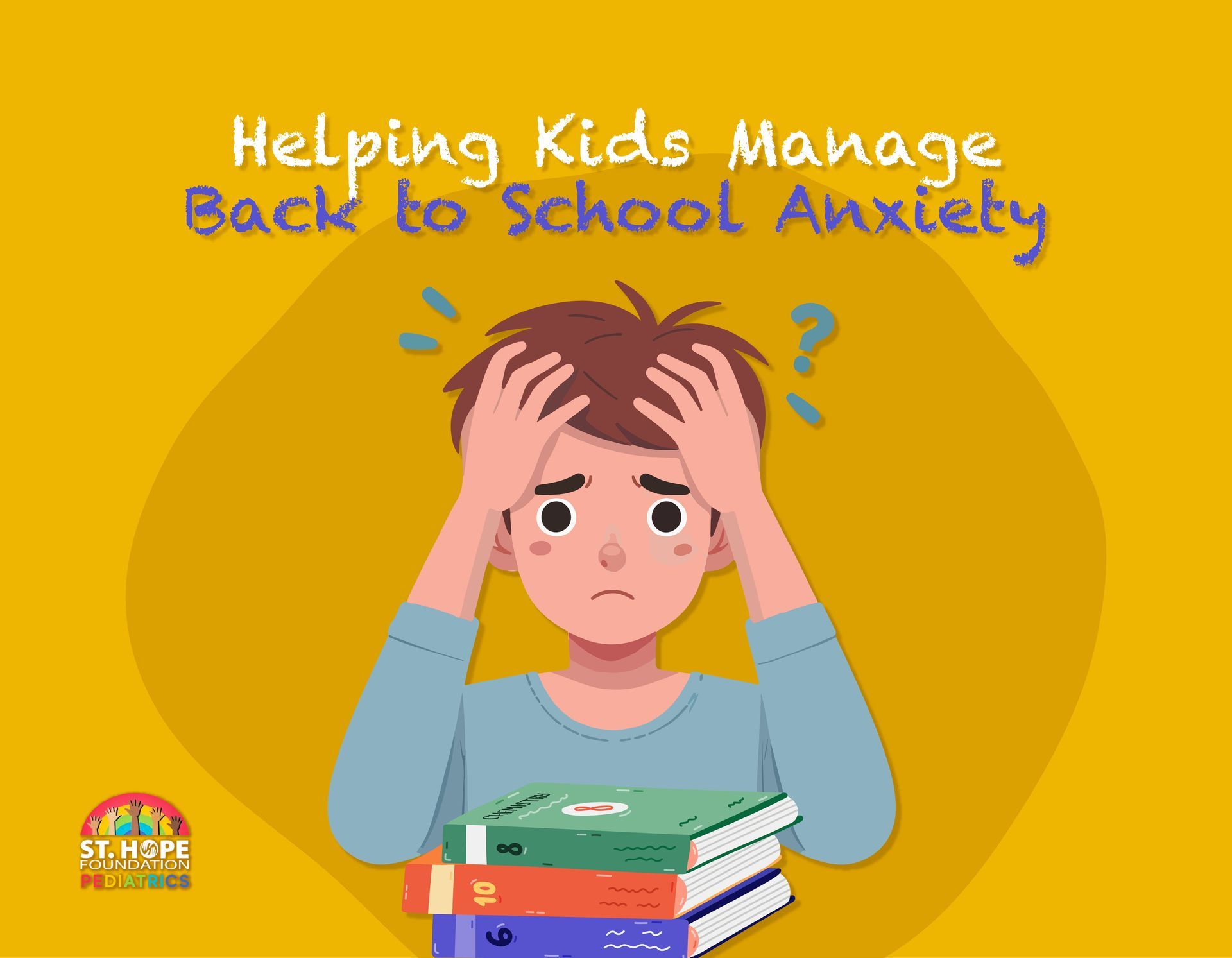
Play is more than just a fun way for children to pass the time. It is a necessary part of their development. Through play, children learn about the world around them and develop essential cognitive, physical, social and emotional skills.
The Importance of Play in Child Development
- Cognitive Development: Play helps children develop critical thinking, problem-solving and decision-making skills. Through activities like puzzles, building blocks and imaginative games, children learn to process information, understand cause and effect and develop their memory and attention span.
- Physical Development: Physical play, such as running, jumping, climbing and dancing, helps children develop gross motor skills, improve coordination and balance and build strength. Fine motor skills are also honed through activities like drawing, painting and manipulating small objects.
- Social Development:
Play provides an opportunity for children to interact with others, learn to share, take turns and cooperate. Social play, especially in group settings, helps children learn about social norms, develop empathy and build relationships.
- Emotional Development:
Through play, children learn to express and manage their emotions. They experience joy, frustration, excitement and disappointment, which helps them regulate their feelings. Play also provides a safe space for children to explore different roles and scenarios, helping them process their experiences and fears.
- Language Development: Play stimulates language development as children communicate with others, narrate their actions and engage in imaginative storytelling. This helps expand their vocabulary, improve sentence structure and develop listening skills.
The Best Types of Activities for Your Child’s Age
Infants (0-12 Months): At this stage, babies are learning to interact with their environment and are fascinated by sensory experiences. Activities that stimulate their senses are ideal.
- Tummy Time: Placing your baby on their stomach helps strengthen their neck and shoulder muscles and prepares them for crawling.
- Sensory Play: Toys with different textures, sounds and colors stimulate an infant’s senses. Soft toys, rattles and teething rings are great options.
- Peek-a-Boo: Simple games like peek-a-boo help babies learn object permanence—the understanding that things continue to exist even when they can't see them.
Toddlers (1-3 Years): Toddlers are on the move and eager to explore everything. Play at this age is all about discovering the world around them and developing motor skills.
- Building Blocks: Stacking and knocking down blocks help toddlers develop fine motor skills and become familiar with concepts like balance and gravity.
- Pretend Play:
Toys that encourage pretend play, like play kitchens, dolls and cars, help toddlers develop creativity and social skills.
- Simple Puzzles: Large, simple puzzles with a few pieces help toddlers develop problem-solving skills and hand-eye coordination.
Preschoolers (3-5 Years): Preschoolers are developing their social skills and love imaginative play. They are also starting to understand rules and enjoy games that have structure.
- Arts and Crafts:
Drawing, painting and crafting allow preschoolers to express themselves creatively and develop fine motor skills.
- Role-Playing Games:
Playing dress-up, pretending to be different characters and acting out scenarios help preschoolers understand different perspectives and develop social skills.
- Interactive Games: Simple board games that involve taking turns and following rules teach preschoolers about patience, strategy and cooperation.
School-Age Children (6-12 Years): As children grow older, they become more interested in games that challenge their minds and bodies. They also begin to develop specific interests and hobbies.
- Sports and Physical Activities:
Team sports, swimming and dance classes help school-age children stay active, develop teamwork skills and build self-confidence.
- Board Games and Strategy Games:
Games that require planning, strategy and critical thinking, such as chess or card games, help develop cognitive skills.
- STEM Activities: Science kits, building sets and coding games encourage school-age children to explore their interests in science, technology, engineering and math.
Encouraging Play at Home
While structured activities are important, it’s also important to allow children the freedom to engage in unstructured, self-directed play. This type of play encourages creativity, independence and problem-solving.
Set up a safe, designated play area where your child can explore and use their imagination without too many restrictions. Encourage active play by limiting the amount of time your child spends on screens and provide plenty of opportunities for physical activity.
It’s also a good idea to play with your child to strengthen your bond and model good social behaviors.
Get Expert Guidance for Your Child’s Health and Development at St. Hope Pediatrics in Houston
At St. Hope Pediatrics, we believe in providing the right guidance and support for your child's development. Our experienced Houston pediatricians can explain developmental milestones, assess your child’s progress and may be able to suggest activity ideas for your child's age that can help foster positive development.
Schedule an appointment with St. Hope Pediatrics here on our website or give us a call at (713) 778-1300













